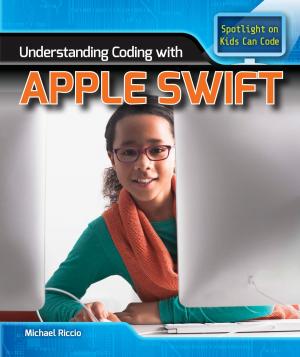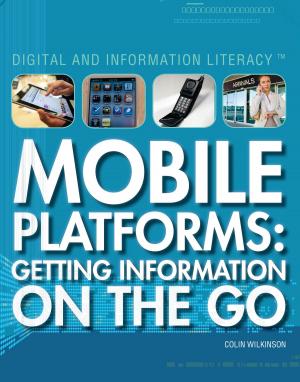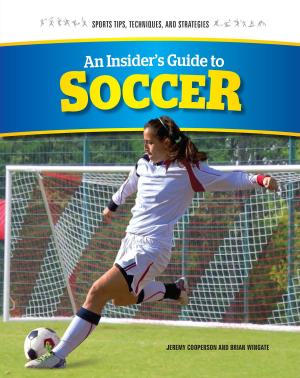| Author: | Larry Gerber | ISBN: | 9781448868704 |
| Publisher: | The Rosen Publishing Group, Inc | Publication: | July 15, 2012 |
| Imprint: | Rosen Young Adult | Language: | English |
| Author: | Larry Gerber |
| ISBN: | 9781448868704 |
| Publisher: | The Rosen Publishing Group, Inc |
| Publication: | July 15, 2012 |
| Imprint: | Rosen Young Adult |
| Language: | English |
Readers are encouraged to think about money as a tool, like a Swiss Army knife that can be used for many different tasks to create things we want in our lives. Money is like a tool, in more ways than one. It is an all-purpose survival kit, because life gets tough without it. If we handle money carelessly, it can do serious damage. Just like any tool, sometimes it works great, sometimes it doesn't. The ten tips found in this book are ideas shared by many people, from billionaires to working-class moms, dads, and kids. Readers will learn about spending, saving, investing, setting financial goals, budgeting, borrowing, and seeking financial advice. Some tips involve doing specific things: writing, adding, and subtracting. Others suggest ways of thinking about money and what we do with it. This volume is intended to help readers get the most out of this tool we call money, whether dealing with a lot of it, or just a little. Readers are encouraged to think further with 10 Great Questions to Ask an Economics or Finance Teacher and Myths and Facts sections.
Readers are encouraged to think about money as a tool, like a Swiss Army knife that can be used for many different tasks to create things we want in our lives. Money is like a tool, in more ways than one. It is an all-purpose survival kit, because life gets tough without it. If we handle money carelessly, it can do serious damage. Just like any tool, sometimes it works great, sometimes it doesn't. The ten tips found in this book are ideas shared by many people, from billionaires to working-class moms, dads, and kids. Readers will learn about spending, saving, investing, setting financial goals, budgeting, borrowing, and seeking financial advice. Some tips involve doing specific things: writing, adding, and subtracting. Others suggest ways of thinking about money and what we do with it. This volume is intended to help readers get the most out of this tool we call money, whether dealing with a lot of it, or just a little. Readers are encouraged to think further with 10 Great Questions to Ask an Economics or Finance Teacher and Myths and Facts sections.















